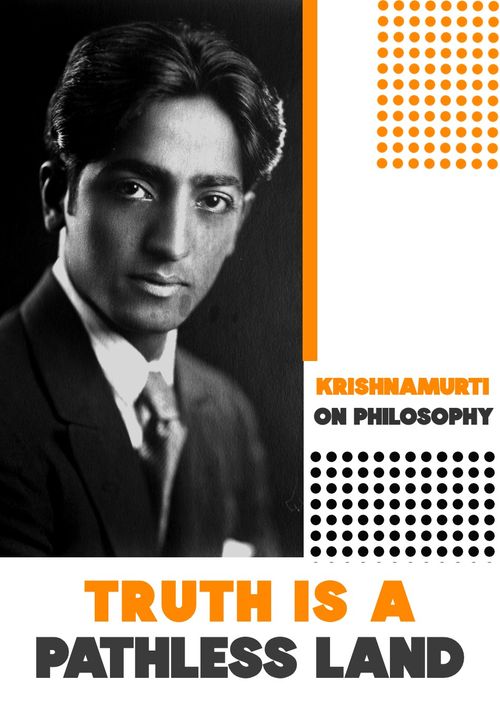Krishnamurti's philosophy of freedom: A crash course
Apr 27, 2022 · 4 mins read
0
Share

What total freedom looks like
At age 13, Jiddu Krishnamurti was heralded as the next great spiritual teacher by a religious movement called the Theosophical Society. In 1929, aged 34, he famously rejected that role, gave back all donations, and became one of the most influential thinkers of the 20th century.
Save
Share
As the ultimate anti-guru, Krishnamurti believed that “truth is a pathless land”. Anyone can achieve enlightenment, he said, but only by discovering freedom on their own. Let’s dive straight into the ideas that made him famous...
Save
Share
We are all shaped by second-hand information from so-called authorities (teachers, books, saints). This leads to second-hand identities. The main cause of personal dysfunction is seeking a reality that others have promised you.
Save
Share
You can’t rely on anyone for answers. No teacher, no system, no higher power is going to solve your problems. There is only you and your connection with the world around you. “To understand yourself is the beginning of wisdom” – Krishnamurti
Save
Share
True freedom means being free of authority, whether it’s based on your own experience or anyone else’s. Freedom is living in the present with your mind open and aware. That’s the only state you can truly learn in.
Save
Share
Life can be lonely without a leader to follow, but it forces you to confront your limits. Let go of what you think you are or should be; this is just an image. To understand anything, you have to live with it – and that applies to yourself, too.
Save
Share
It’s normal to have your mind occupied with something all the time. But this is only because, deep down, you’re afraid of what you’ll see when you’re not distracted by thoughts.
Save
Share
Just as you can’t hear what someone is saying unless you stop to listen, you can only really observe when the mind is quietened.
Save
Share
There’s a big difference between acquiring knowledge about yourself and learning to understand yourself. The former is based in the past, the latter is based in the present. A mind rooted in the past is a sorrowful one; a mind focused on the present is constantly moving.
Save
Share
As soon as you start making conclusions based on the past, forget about it – you’re going nowhere. All you’re doing is translating the present into the past. When you take certainty out of the equation, everything becomes new – and you’re free to observe and learn from it.
Save
Share
0